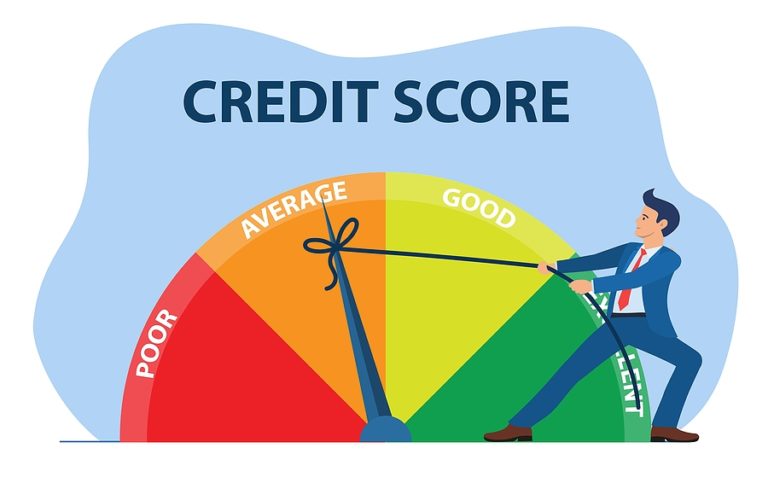
The pandemic has compelled everyone to reassess their financial plans. With pay cuts and unusual job losses adding to the stress, it is essential to prepare yourself for what lies ahead. You need to devise new strategies and readjust your financial moves so that it doesn’t impact your credit score.
Whether or not you have been affected by the situation, you need to carefully assess your financial moves for the years ahead. A good credit score of anything above 670 will allow you access to more loan and credit options at favourable interest rates. Here are some strategies that will help you keep your credit score in great shape whether you are trying to build it from the scratch or are hoping to propel it into the highest tier.
Track your credit score
You need to continuously monitor your credit score and intervene right away if there is any drop in it. Addressing various factors that influence your score such as late payments, high balances, and too many hard inquiries can help you keep a tab on your credit score and take necessary measures to improve it.
Check your credit report for errors
One way to improve your credit score is to review your credit report for errors if any that could be impacting your score negatively. Your score can shoot up if you can dispute and have the errors removed. It is necessary to spend some time reviewing your credit report on a regular basis so that you can spot the common errors and also look out for misreported payments.
Limit the number of hard inquiries
There are two kinds of credit inquiries that one can perform: a hard and a soft inquiry. A soft inquiry requires you to check your own credit. Whenever a potential employer checks through your credit, or if any check is performed by a financial institution, then it is referred to as soft inquiry.
A hard inquiry is when you apply for a loan or a credit card. Making multiple inquiries in a short period of time will tremendously impact your credit score. Banks will take it as an indication that you require money as you are facing a major financial problem even if you are not.
Consolidate your debts
If you have too many debts, then you can actually take it to your advantage. You can opt for a debt consolidation plan from your bank and simply pay them off at an interest rate that is affordable during the post-pandemic period. This can actually be beneficial because you will have to make just one payment instead of multiple ones. It can also lower the interest rate on your loan and you can repay the money owed faster.
Have the negative entries that are paid off removed from your credit report
If you have a series of late payments on your credit report or an old collection account that still shows up despite being paid off, then you can request to have it removed. Also, if you have an unpaid collection account, then make it a priority. Unpaid collection accounts negatively impact the credit score. Although doing this may take more time, it could be worth it.
Bottom line
When it comes to improving your credit score, no one solution fits all. Every person’s credit journey is unique. While there are plenty of factors that apply to most consumers, they wouldn’t just impact their credit scores in the same manner. Practicing these smart financial habits will better your chance of weathering the storm of the pandemic and come out with a stable foundation.
You can also take the help of experts at AskCred to review your financial situation and get loans easily by improving your credit score.
